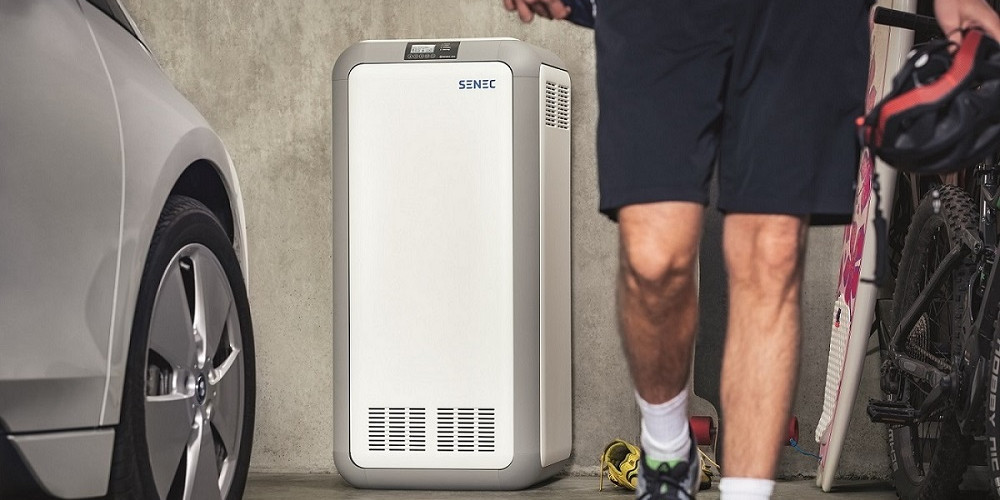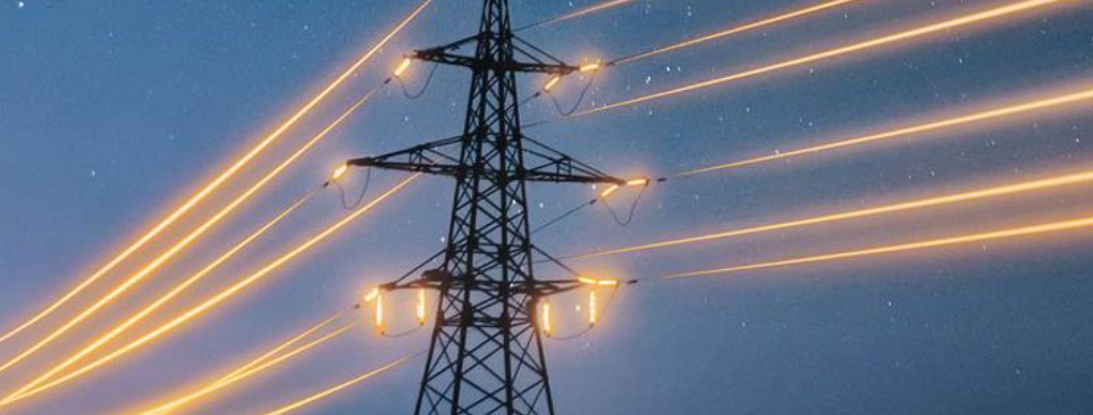Germany’s Senec is looking to strengthen its foothold in the Australian market with new investor on board. On the back of a new strategic partnership with Perth-based UON, a provider of electricity, compressed air and water solutions, the Leipzig-headquartered company hopes to step up the supply of its batteries to mining cities, towns and regions in Australia.
Based on an agreement inked at the ees Europe conference in Munich last week, Mark Keogh, the founder and CEO of UON Pty. Ltd., acquired a minority interest in Senec Australia. He will also join the company’s management Down Under – consisting of Ian Parkinson and Jaron Schächter.
UON already uses photovoltaics for its power plant solutions for the mining industry and has experience in building and operating microgrids. Noting that the need for a sustainable energy supply is not limited only to the mines, Senec believes the new partnership will provide it with better access to the residential areas that have developed around the mining sites.
Often located far from the urban centers and not connected to supraregional power grids, mining regions need reliable and affordable power supply. Senec will be looking to supply its batteries to private households in these areas and integrate them into microgrids.
In March, Senec was chosen to equip one of Australia’s largest distributed energy resource microgrid in the Western Australian coastal town of Onslow. The project is being delivered by Western Australia’s government-owned regional utility Horizon Power and is aiming to integrate traditional thermal generation with solar panel and battery storage systems to maximise renewable energy penetration and provide more than 50% of the town’s electricity.
The German energy storage specialist started shipping its batteries to Australia last year. Only weeks before its first shipment reached the Australian shores, Senec was acquired by Energie Baden-Württemberg (EnBW), one of Germany’s ‘big three’ utilities.
The company’s units, modified slightly from the ones sold in Germany, are available with a capacity ranging from 2.5 kWh to 10 kWh.
This content is protected by copyright and may not be reused. If you want to cooperate with us and would like to reuse some of our content, please contact: editors@pv-magazine.com.









By submitting this form you agree to pv magazine using your data for the purposes of publishing your comment.
Your personal data will only be disclosed or otherwise transmitted to third parties for the purposes of spam filtering or if this is necessary for technical maintenance of the website. Any other transfer to third parties will not take place unless this is justified on the basis of applicable data protection regulations or if pv magazine is legally obliged to do so.
You may revoke this consent at any time with effect for the future, in which case your personal data will be deleted immediately. Otherwise, your data will be deleted if pv magazine has processed your request or the purpose of data storage is fulfilled.
Further information on data privacy can be found in our Data Protection Policy.